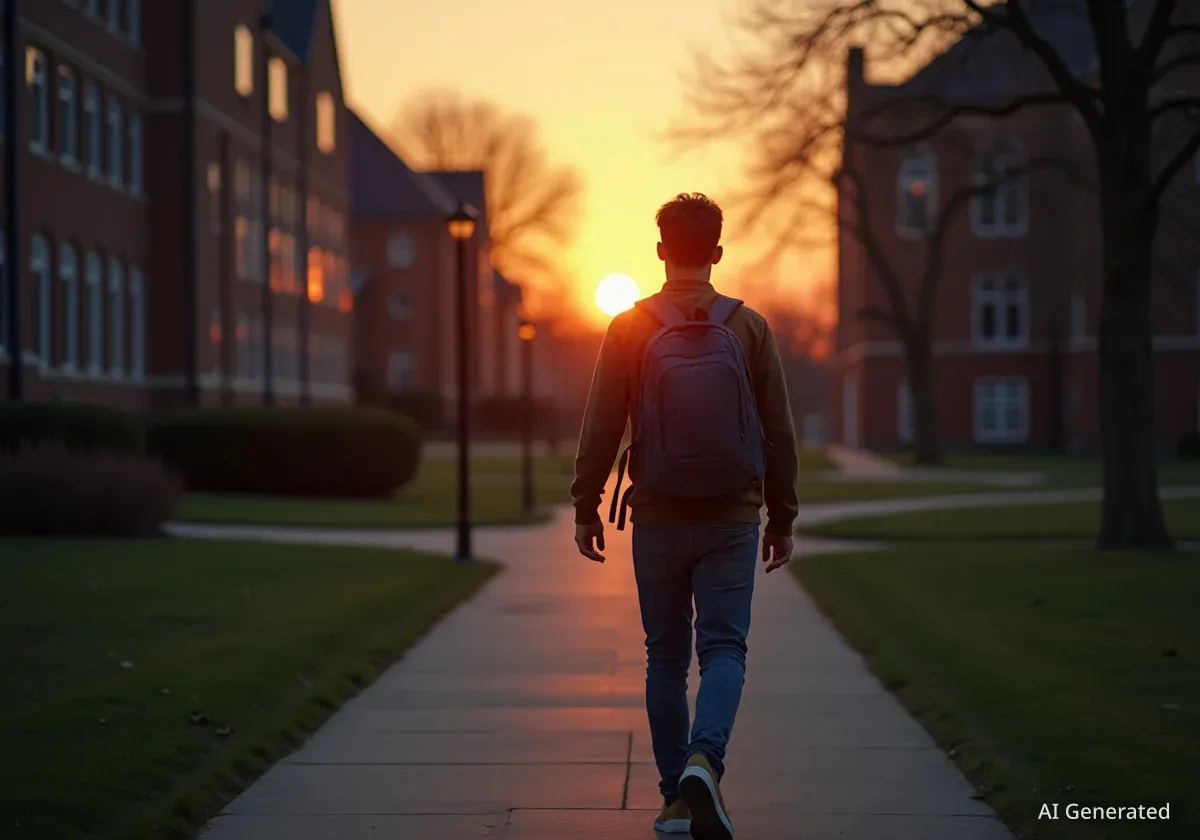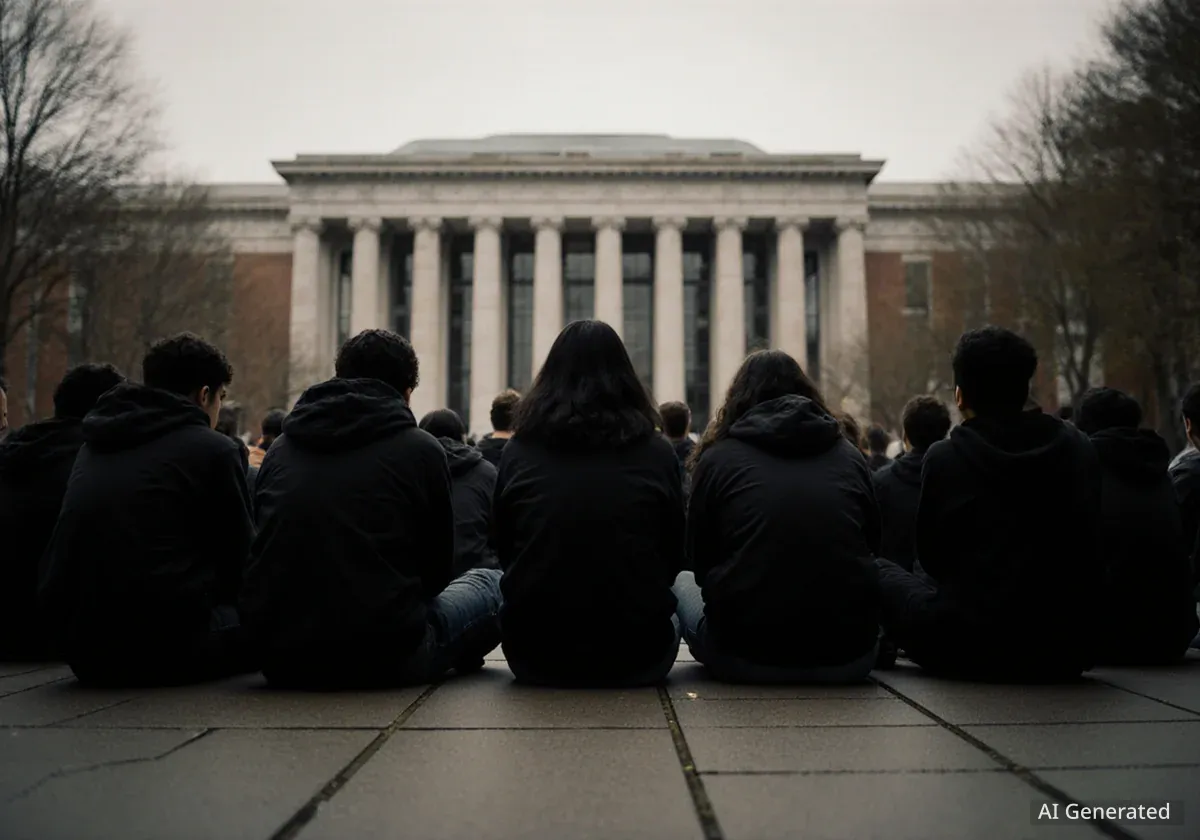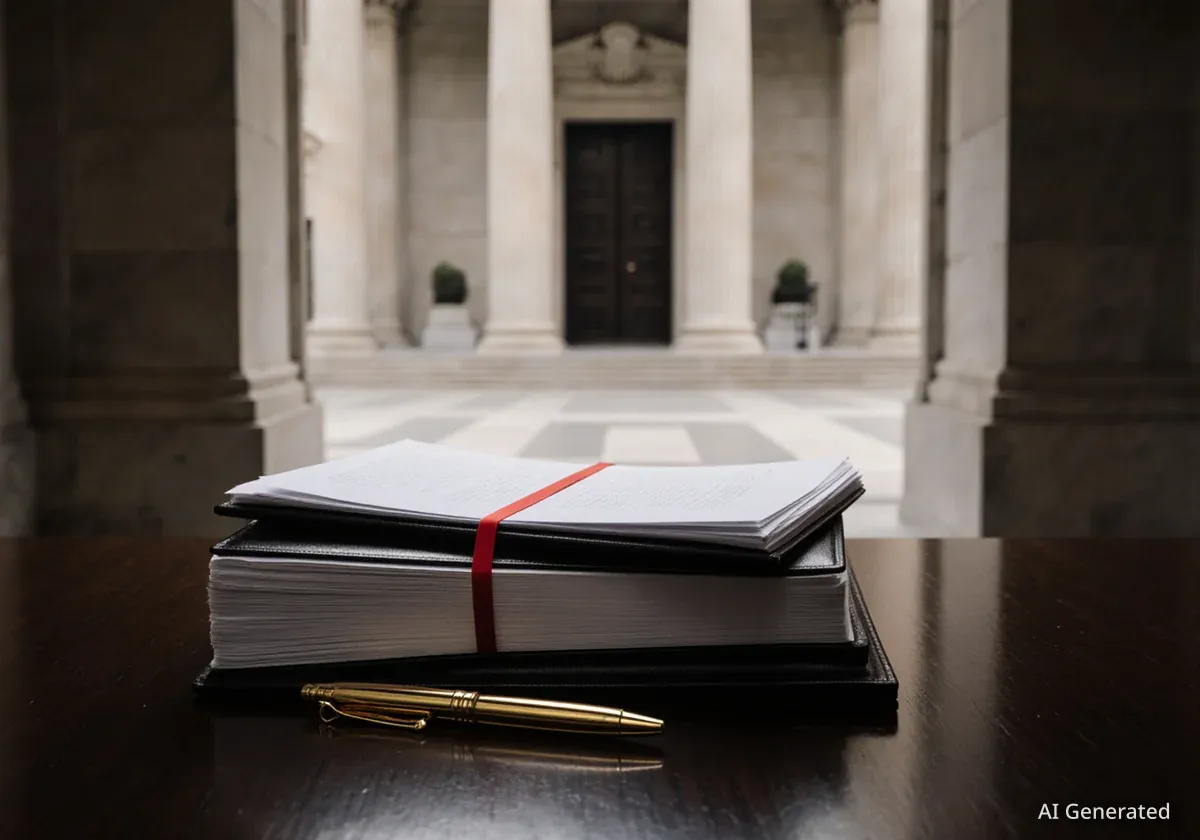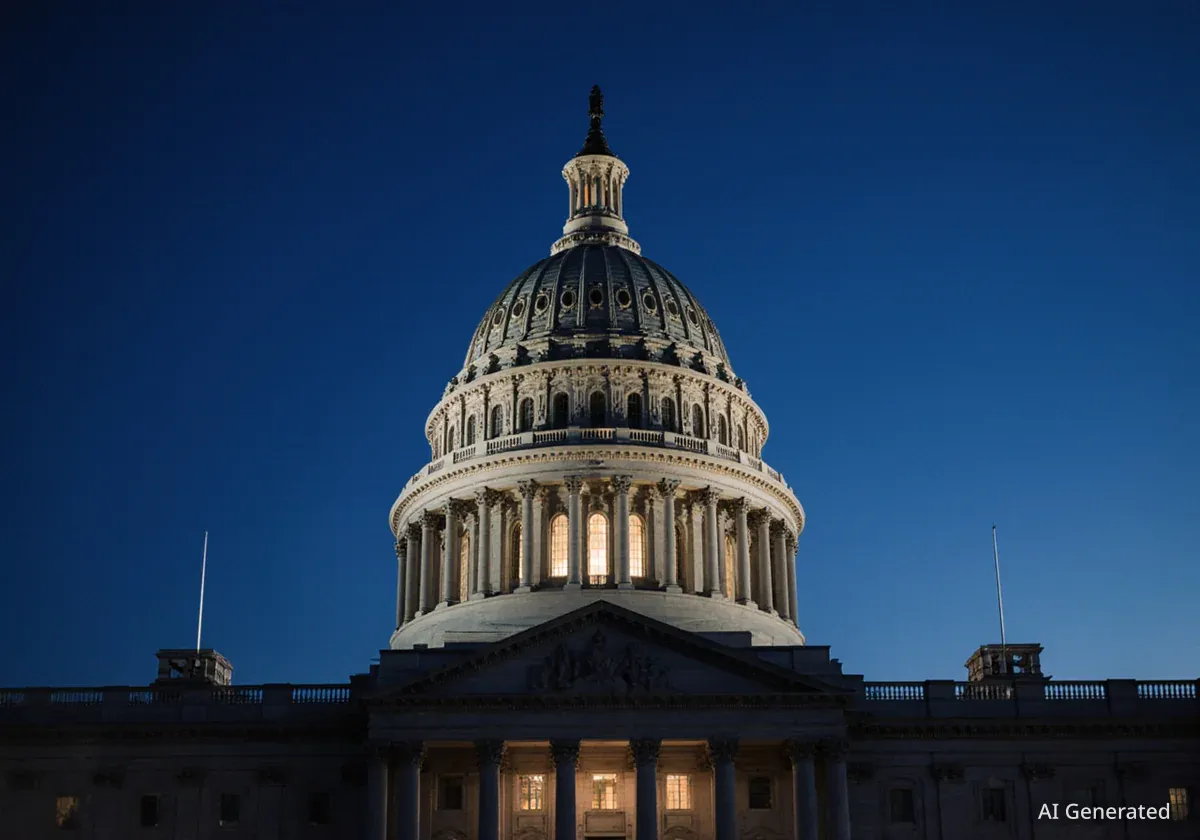A professor at Montana State University-Northern has been placed on administrative leave and is facing death threats after she made critical comments on social media following the death of conservative commentator Charlie Kirk. While the university has distanced itself from her remarks, a 2023 Montana law currently protects the professor from termination over her off-duty online speech.
The incident places Associate Professor of Criminal Justice Samantha Balemba-Brownlee at the center of a national debate over free speech, employment rights, and the consequences of political expression in a deeply divided public sphere.
Key Takeaways
- MSU-Northern professor Samantha Balemba-Brownlee was placed on leave for social media posts critical of Charlie Kirk after his death.
- The professor and her husband have received death threats and calls for their deportation to Canada.
- A 2023 Montana law prohibits employers from firing staff for legal, off-duty social media activity, complicating calls for her termination.
- The university condemned violence and stated the professor's views do not represent the institution.
- The situation reflects a broader national trend of individuals facing professional consequences for online commentary about political figures.
Details of the Social Media Posts
The controversy began after screenshots of comments made by Professor Samantha Balemba-Brownlee on her personal Facebook account were circulated publicly. The posts were made in response to the news of Charlie Kirk's assassination.
According to reports, Balemba-Brownlee described Kirk as a “misogynistic, racist, homophobic, xenophobic asshole,” adding, “He harmed society. He cut down women at every turn. No, I do not mourn the man.”
In an earlier post, reacting to initial reports that Kirk had been shot, she wrote, “Not condoning violence, but maybe people are sick of the garbage he spews, perhaps?” After his death was confirmed, she followed up with, “Update: He died. Aw shucks. Thoughts and prayers.”
Balemba-Brownlee stated that she made the posts from her personal, private account during her own time. She alleged that Havre Councilwoman Sarah McKinney took screenshots of the comments and shared them on her own page, which amplified their reach. McKinney did not immediately respond to requests for comment on the matter.
University Response and Legal Framework
Montana State University-Northern acted swiftly to address the growing public outcry. In a statement, Chancellor Greg Kegel expressed that the university was “deeply saddened” by Kirk’s death and sought to separate the institution from the professor's remarks.
“While MSU-Northern does not take a political position, we strongly condemn violence in all forms and remain committed to fostering a safe, respectful environment where dialogue and learning can thrive. Any statements made by our staff or faculty do not reflect the opinions of MSU-Northern.”
Despite pressure from some online communities to fire Balemba-Brownlee, the university's options are limited by state law. In 2023, Montana enacted a law that prevents employers from terminating staff based on their off-duty social media activity, as long as it is legal.
Montana's Employee Speech Protection Law
The 2023 Montana law was signed by Governor Greg Gianforte and is one of the strongest of its kind in the nation. It generally prohibits employers from taking adverse action against an employee for their lawful off-duty conduct, including speech on social media. However, the law includes an exception if the employee's actions violate their employer’s written policy or the terms of their employment contract.
Governor Gianforte addressed the controversy, stating he was "sickened" by the online comments but affirmed his commitment to upholding state law. "While I am sickened by what I've seen on social media, I must and will uphold my oath to the Constitution and the laws of our state," he posted online, urging for national unity.
Severe Backlash and Personal Safety Concerns
The public sharing of her comments led to a wave of harassment and credible threats against Balemba-Brownlee and her family. She reported that the initial backlash included messages like “watch your back” and “you’re going to get yours.”
The situation escalated significantly, according to the professor. She told reporters that during a local memorial event for Charlie Kirk, attendees discussed taking violent action against her. “People at the memorial were saying that they should all gang up and come over and grab me from my house and take me to town square and execute me,” she said. “It’s scary to hear a mob talking about me like that.”
In response to the threats, Balemba-Brownlee has installed additional security cameras at her home and has been in contact with both Havre police and campus police at MSU in Bozeman. The fear has impacted her daily life, making her hesitant to run simple errands in her community.
A Nationwide Pattern
The targeting of individuals for their online comments about Charlie Kirk's death is not an isolated incident. Reports from outlets like the New York Times have documented cases across the country where people have been fired or faced professional repercussions. Vice President JD Vance, during a guest appearance on Kirk's podcast, encouraged listeners to report individuals celebrating the death to their employers.
Balemba-Brownlee has clarified her position, stating she was not celebrating Kirk's death. “Just because I didn't like somebody doesn't mean I was glad that he was killed,” she explained. “I did not want him to die. I was not happy that he died.”
Impact on Family and Community Standing
The controversy has had a profound personal impact on Balemba-Brownlee and her husband, who are both Canadian immigrants. They have lived in the United States for 12 years, including a decade in Havre, Montana, and are currently awaiting permanent residency status.
The backlash has included calls for their deportation. Balemba-Brownlee noted that McKinney’s post specifically mentioned her Canadian nationality, which she believes fueled this line of attack.
Her husband, Brownlee, expressed deep disappointment with the community's reaction. “To be told that they just want to throw us away like garbage because we have a difference of opinion is extremely hurtful and very frustrating,” he said. “Especially when you live in a country that says you have the freedom to speak your mind as long as you're not hurting others with it.”
Balemba-Brownlee expressed a desire to remain in her position at the university but acknowledged the uncertainty of her future. The university has not provided further comment on her employment status or the ongoing investigation.





